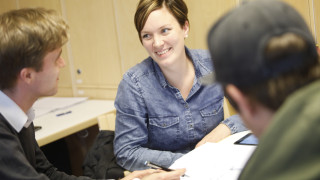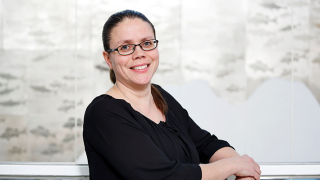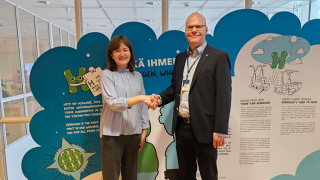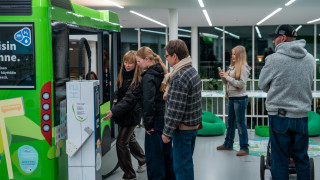A Fulbright visitor offers new ideas for teachers in the Faculty of Mathematics and Science
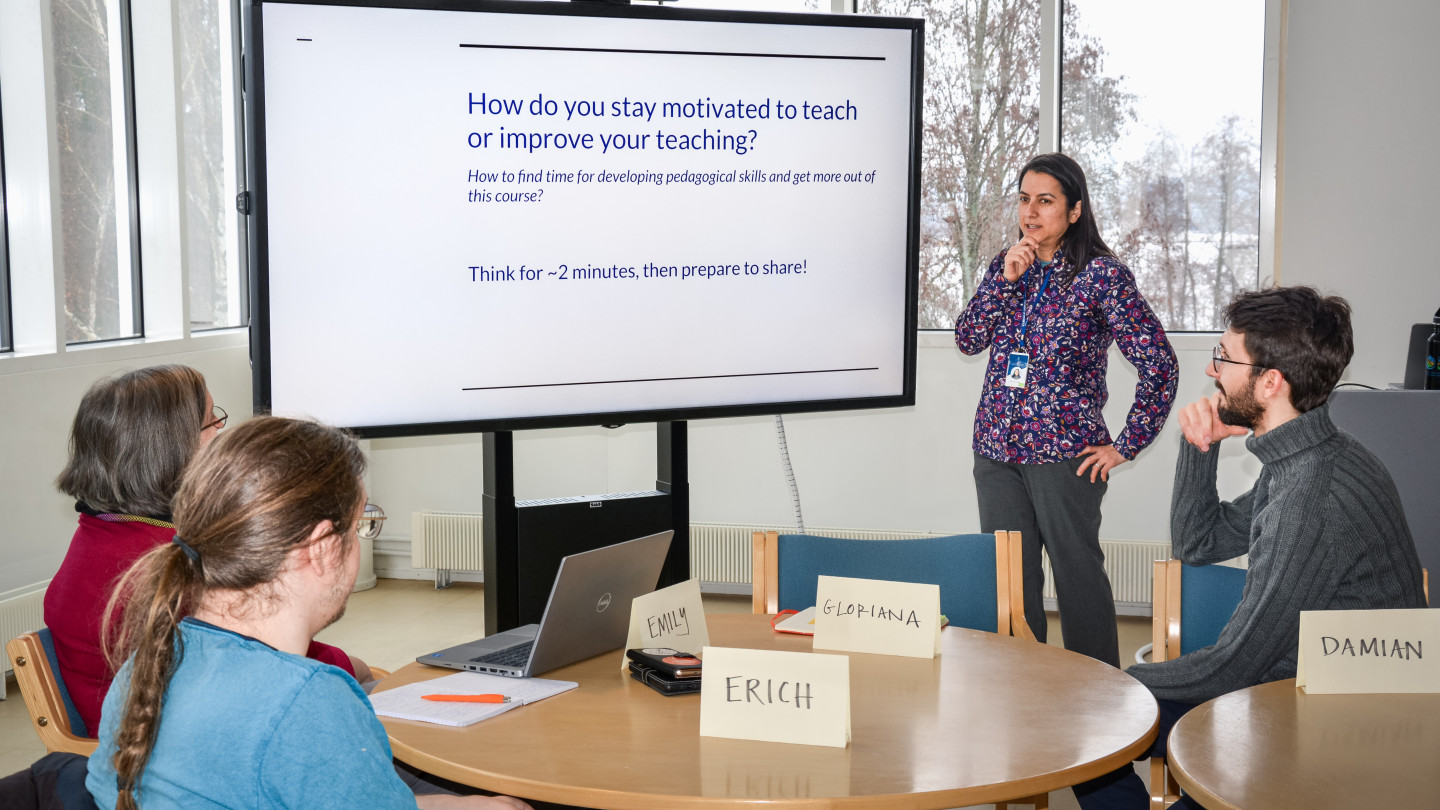
During the Spring semester of 2024 the Faculty of Mathematics and Science of the University of Jyväskylä host the Fulbright visit of Gloriana Trujillo. As a part of her visit here, Trujillo will offer her Stanford course of teaching STEM. The course was designed by Nobel Prize-winning Carl Wieman, who is a professor in the Physics Department and Graduate School of Education at Stanford. Trujillo and Wieman have co-taught the course at Stanford for doctoral students since 2019.
- In this course, we focus on how to enhance teachers’ ability to teach STEM effectively at the bachelor’s and master’s level. Students will engage with relevant research from science education, cognitive science, and social psychology through peer discussion. As a bonus for those who attend, this course will help develop own learning skills and at the end of the course, all participants will receive 5-10 practical tips that can be used in their own teaching in the future, says a senior director of STEM teaching developmentGloriana Trujillofrom the Stanford University’s Center for Teaching and Learning.
The aim to boost motivation to study
Trujillo’s passion is university pedagogy. She likes to share to Faculty’s staff her interest for creating effective, inclusive, and equitable learning experiences with the teaching and learning community.
- My own research background is in neurobiology and in my current job is to teach university education pedagogy courses for STEM teachers. I also support them in their developing their courses, tells Trujillo.
Gloriana wants to find better ways to teach and motivate students to learn. It is also important to remember that all courses cannot be the same. The motivational tools also depend on the course and the subject.
- Especially in the US, students do not understand and know enough about STEM subjects. Motivation to study is not just about the student. The teacher can help the student to find the motivation that has been lost. So teachers need to modify their own methods of teaching and find new and different ways to motivate students, says Trujillo.
The course focuses on concrete development
The course will run for a total of 10 weeks, ending in April. The course has participants from all departments of the Faculty of Mathematics and Science (ranging from doctoral researchers to professors) and one teacher from University of Applied Sciences (JAMK). The themes of the course are closely linked to the teaching of mathematics and science. Although everything is based on research, it is not too theoretical.
- We have been able to try out how to use the theory in practice on our own course. This has a lot of practical benefits, but it also helps to remember things better than, for example, reading or listening. We have also shared our plans with each other in small groups for discussion. It has been useful to hear what others are planning and to get feedback on our own ideas. The best part is probably the carefully chosen reading homework and the group discussions about planning our own courses, says Eija Laukkarinen from the Department of Mathematics and Statistics, who took part in the course.
The course may also be held on a larger scale in the future, and it will give input to the development of the University Pedagogy –courses for the whole university. If tailored, a similar course could be organised for other faculties or departments of the University of Jyväskylä.
The opportunity to learn about Finland
Before coming here, Trujillo knew that the University of Jyväskylä has a long tradition of teacher training and that the quality of education is very high in Finland. Even though she is now teaching to other teachers, she is learning, because the Finnish education system and pedagogy are very different from the United States.
- I want to learn new things. In particular, the Finnish primary school system is efficient and completely different from what I am used to. I'm fascinated by how this system works and how it can be used in the United States, says Trujillo.
Cooperation is the key to change
Trujillo has never been in Finland before, but it has made an impression. As a city of a suitable size, it has been easy to get to know. She has also been impressed by the safety, the healthy food, the weather and the landscape.
- Above all, I appreciate the university's lunch culture, where it is easy to talk to different people and create new connections. By joining forces, we can learn from each other and find new ideas and try them out in practice. By working together, we can focus our efforts in a meaningful way. I look forward to continuing to work together in the future, says Trujillo.
Further information:
-
Senior Director Gloriana Trujillo, gloriana@stanford.edu
-
Senior Lecturer Antti Lehtinen (Gloriana’s host), antti.t.lehtinen@jyu.fi, antti.t.lehtinen@jyu.fi, +358408054826

